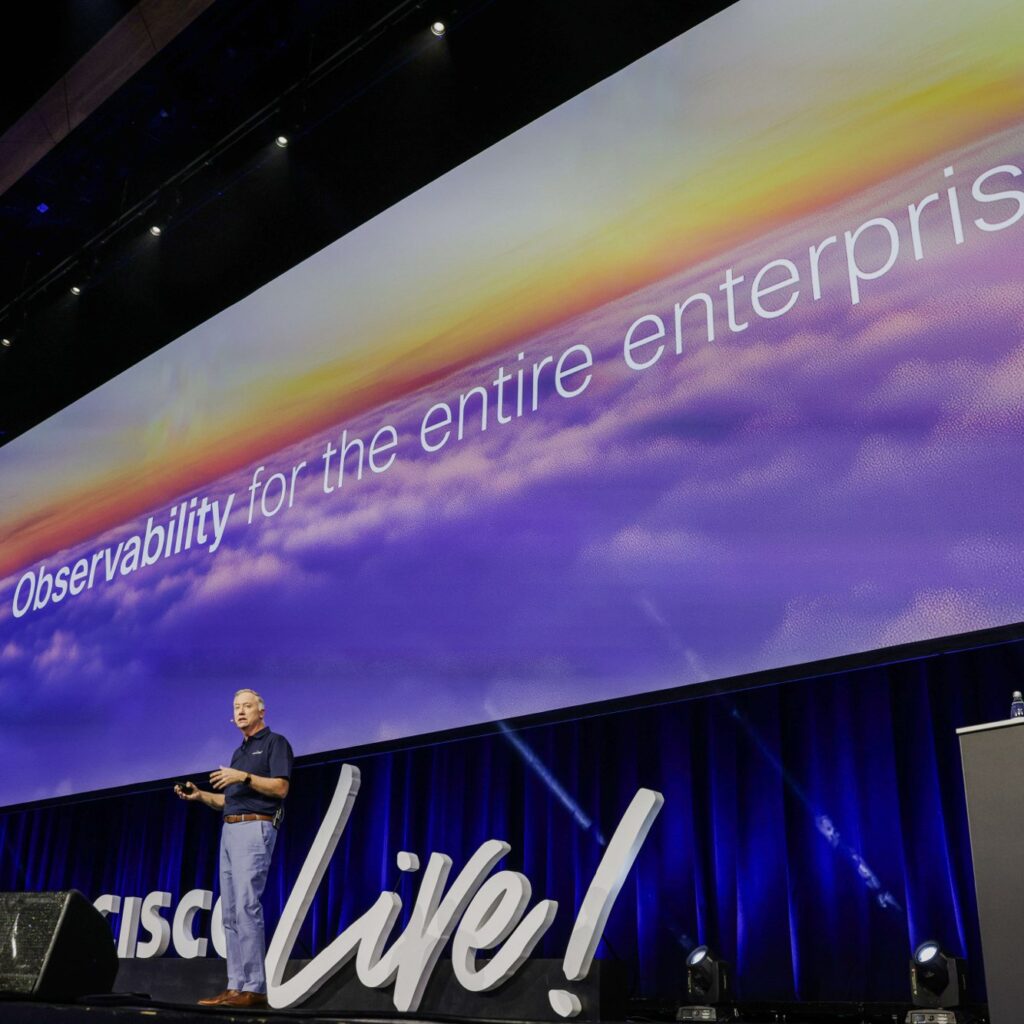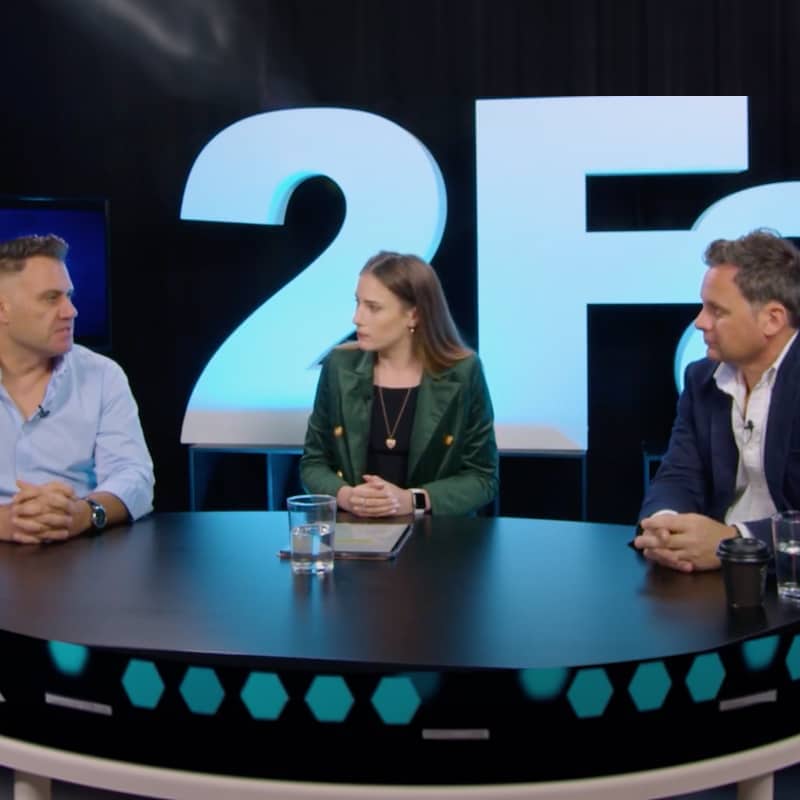As cyberattacks rise across Australia’s critical infrastructure, from airlines to superannuation funds, a quiet storm is forming beneath the surface, not just in code or firewalls, but in the mindsets shaping our national response. Surprisingly, a solution to our cybersecurity maturity might not be in quantum encryption or artificial intelligence but in an ancient Chinese parable.
A Lesson from the Riverbank
The Empty Boat Effect, drawn from Daoist philosopher Zhuangzi, is deceptively simple. In the tale, a man is calmly crossing a river when another boat drifts into his path. If the boat is empty, he doesn’t react. But if someone is inside, he becomes angry. Why? Because we respond not to the incident, but to our interpretation of intent.
In today’s cyber world, we’ve become experts at assigning blame to attackers, vendors, government agencies, or even to “the user.” But often, this reaction clouds judgment. It fuels knee-jerk policies, fractured public communication, and poorly coordinated responses. Instead, Zhuangzi’s lesson offers a new angle: what if we led like the man facing an empty boat? With composure, detachment, and systems thinking.
Cybersecurity Strategy: Less Ego, More Equanimity
Australia’s Cyber Security Strategy 2023–2030 outlines an ambitious plan to become the world’s most cyber-secure nation. However, reaching that goal will require more than just budgets and frameworks. It will need a cultural shift in leadership, one that values calm over chaos. When Optus was breached in 2022, the national conversation turned to public blame, regulatory tension, and corporate defensiveness. That cycle has repeated with subsequent incidents, each time exposing a systemic pattern: emotion-driven responses overshadow rational coordination. This philosophy promotes a different approach: to detach ego from incident response and focus on collective learning and quiet resilience.
A Mindset for Zero Trust and Governance Reform
Ironically, the technical models we now support already embody this way of thinking. Zero Trust Architecture, the foundation of modern cybersecurity, assumes a breach, continuously verifies, and dismisses assumptions about internal safety. However, while systems may operate on Zero Trust principles, human systems still rely on assumptions, reputational defensiveness, and reactive policies. If governance can adopt the Empty Boat mindset, it could unlock a more flexible regulatory model, one where collaboration across government, the private sector, and academia is based not on control but on shared risk and humility. This includes letting go of hierarchical compliance and embracing adaptive regulation, sector-specific threat sharing, and ethical co-design of standards.
Cyber Campaigns: From Panic to Poise
There’s also a message here for public-facing cybersecurity. Australians often encounter cybersecurity through fear-based headlines or reactive alerts. But education rooted in anxiety rarely leads to sustained awareness. Instead, the Empty Boat advocates for cybersecurity communication that is calm, consistent, and empowering, rather than alarmist. Australia’s next generation of digital citizens won’t thrive on paranoia. They’ll thrive on digital literacy delivered with clarity, not crisis.
Leadership Without the Noise
As cyberattacks become more automated, anonymous, and frequent, the leaders who will shape this decade are those who respond not with volume, but with vision. They’ll understand that, in many cases, cyber threats are like empty boats, not personal attacks, but the natural turbulence of a hyper-connected world. Our role isn’t to lash out, but to navigate the river wisely.
The Empty Boat Effect might seem like an odd match for modern cybersecurity. But maybe that’s exactly what we need: less noise, less ego, and more calm in our strategy. Because in a world of digital chaos, clarity becomes the ultimate form of resilience.








